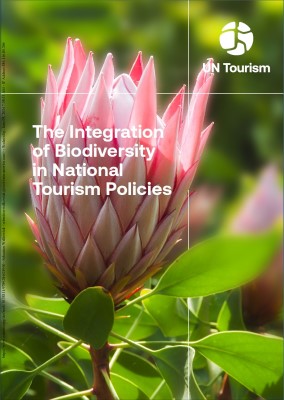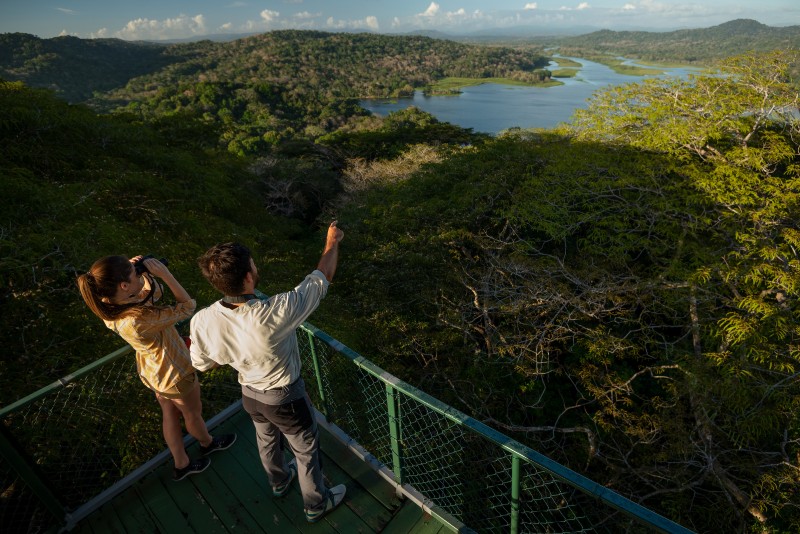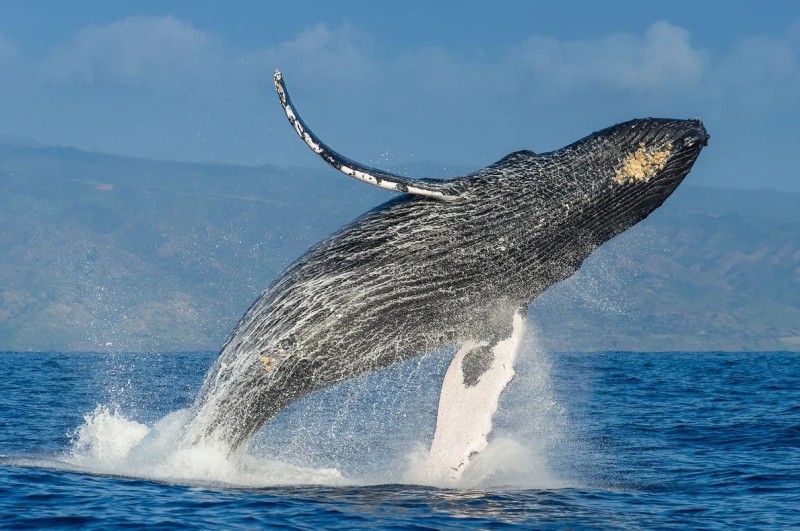According to a recent report by UN Tourism, the tourism sector plays a crucial but complex role in the conservation of the world’s biodiversity. With activities ranging from wilderness accommodation to visits to national parks, tourism has a significant influence on our planet’s biological diversity. This report analyses the integration of biodiversity into 80 national tourism policies and offers valuable insights into how tourism can effectively support conservation.
The general impact of tourism on biodiversity

The report highlights that the majority of policies (95%) identify nature as a primary tourism asset. Despite the importance attached to biodiversity, with 65% of policies mentioning it at least once, the study reveals a crying need for more detail on the implementation of sustainable tourism practices. This reflects a broad consensus on the potential of biodiversity as an essential resource, but also the challenges involved in translating this advantage into tourism development strategies.
The exemplary role of Latin America
In the Americas, and particularly in Latin America, tourism policies show a notable integration of biodiversity conservation. With 89% of policies including sustainable tourism measures, the region stands out. Initiatives such as the promotion of protected areas and the development of ecotourism are frequently cited, demonstrating a desire to link economic growth and environmental preservation.
International comparison and best practice
Comparatively, Europe and Asia also show commitments to sustainable tourism, but with less consistency in the integration of biodiversity. The report highlights the importance of strategic collaborations, sustainability-oriented financial incentives, and the widespread adoption of environmentally-friendly tourism practices.
Recommendations and the future of sustainable tourism
UN Tourism calls for a deeper integration of biodiversity into tourism policies. It is suggested that governments adopt stricter regulations, promote public-private partnerships to finance conservation, and introduce sustainability certifications for businesses in the sector. These measures should strengthen Latin America’s position as a leader in sustainable tourism.
The UN Tourism report reaffirms the vital importance of biodiversity for the tourism sector. Latin America, with its proactive policies, offers a model of tourism development that respects and enriches its natural heritage. As the world continues to recognise the importance of biodiversity, the role of tourism in its conservation looks set to become even more central in the decades to come.







